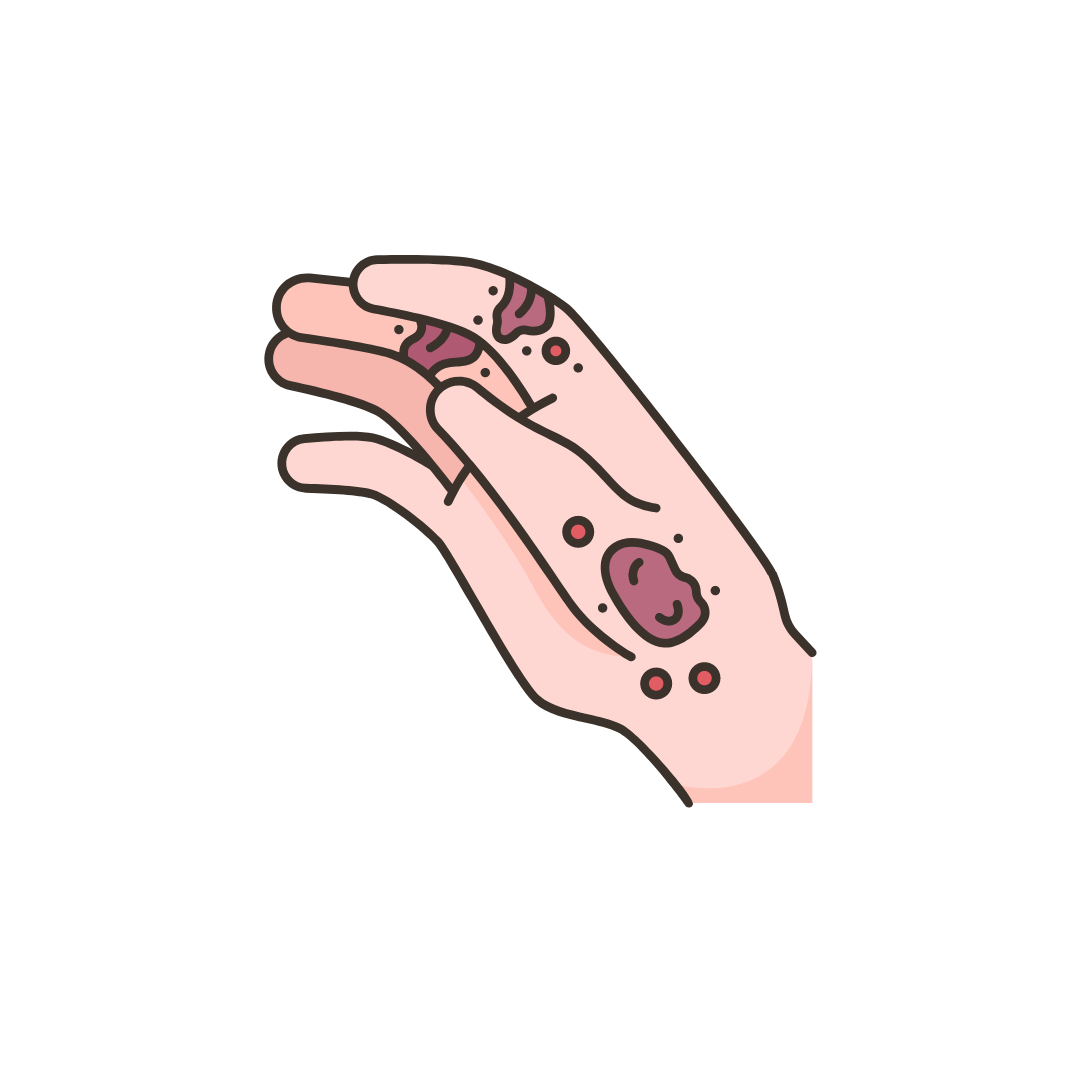Introduction to Peptide Therapy: A New Era in Wellness
As we delve into the ever-evolving world of wellness and personalized medicine, one of the most promising advancements is peptide therapy. This innovative treatment, still a mystery to many, marks the beginning of a new era in health and wellness. Peptides, small chains of amino acids, are the building blocks of proteins in the body and play a crucial role in maintaining optimal health.
The allure of peptide therapy lies in its ability to target specific physiological processes. Unlike broad-spectrum medications, peptides can focus on precise areas, offering solutions tailored to individual health needs. This approach not only enhances the efficacy of treatments but also minimizes potential side effects, making it a beacon of hope in personalized medicine.
As we explore further, we’ll uncover what peptides are, their functions, and how they’re transforming the landscape of wellness treatments. This journey into peptide therapy is not just about understanding a new medical trend; it’s about witnessing the birth of a treatment that could redefine our approach to health and longevity.
What Are Peptides? Understanding the Basics
At the heart of peptide therapy lies a fundamental question: What exactly are peptides? In essence, peptides are short chains of amino acids linked by peptide bonds. They are smaller than proteins, making them easier for the body to absorb and utilize. These tiny yet powerful molecules are found naturally in the body and play a pivotal role in numerous biological functions, from regulating hormones to rejuvenating skin cells.
Peptides act as messengers, sending signals to different parts of the body to initiate or halt various processes. Their ability to communicate with and influence cellular activities is what makes them exceptionally valuable in therapeutic applications. By mimicking or stimulating natural processes, peptides can effectively address a range of health concerns, offering a more natural, targeted approach to healing and rejuvenation.
This understanding of peptides sets the foundation for comprehending their role in therapy and personalized medicine. As we progress, we’ll explore the diverse types of peptides used in therapy and their specific functions, shedding light on how these small molecules are making a big impact in the field of wellness.
The Role of Peptides in Personalized Medicine
Peptide therapy represents a significant leap in the field of personalized medicine, where treatments are tailored to an individual’s unique genetic and biochemical makeup. By leveraging the specific actions of peptides, healthcare providers can create highly individualized treatment plans. This precision not only increases the effectiveness of treatments but also reduces the risk of side effects, making it a perfect alignment with the ethos of personalized care. Peptide therapy exemplifies a shift from a one-size-fits-all approach to a more nuanced, patient-centric model, making it a cornerstone in the future of personalized healthcare.
For instance, the peptide Thymosin Beta-4 is often used in regenerative medicine due to its wound healing and anti-inflammatory properties. Another peptide, CJC-1295, is used for increasing growth hormone release, aiding in muscle growth and fat loss. Similarly, BPC-157, known for its quick healing effects, is commonly used for tissue healing and gastric health. These examples illustrate just how versatile and effective peptide therapy can be in addressing a wide array of health concerns, further cementing its role in personalized medicine.
Peptides have the unique ability to target specific cellular pathways, unlike many traditional medications that may have a broader, less targeted impact. This specificity allows for more precise interventions, particularly in chronic conditions where standard treatments may fall short. The adaptability of peptides to various medical needs — from hormonal imbalances to immune system disorders — showcases their potential in creating highly personalized healthcare solutions.
Furthermore, the development of peptide therapy is continually being refined through advanced research. This progress promises even greater personalization in treatment, opening doors to new possibilities in managing complex health issues. As we continue to unlock the secrets of these remarkable molecules, their role in personalized medicine is set to expand, offering hope for more effective and tailored healthcare solutions.
Types of Peptides Used in Therapy and Their Functions
There is a diverse range of peptides, each serving a specific function in therapeutic contexts. For instance, some peptides are used for their anti-aging properties, aiding in skin rejuvenation and reducing wrinkles. Others play a role in weight management by stimulating the breakdown of fats. There are also peptides that help in muscle growth and repair, making them valuable in sports medicine and recovery. This variety in function showcases the versatility of peptides, allowing for targeted treatments across various aspects of health and wellness.
General Wellness

Libido

Wound Repair

Weight Loss

Immune System

Skin


